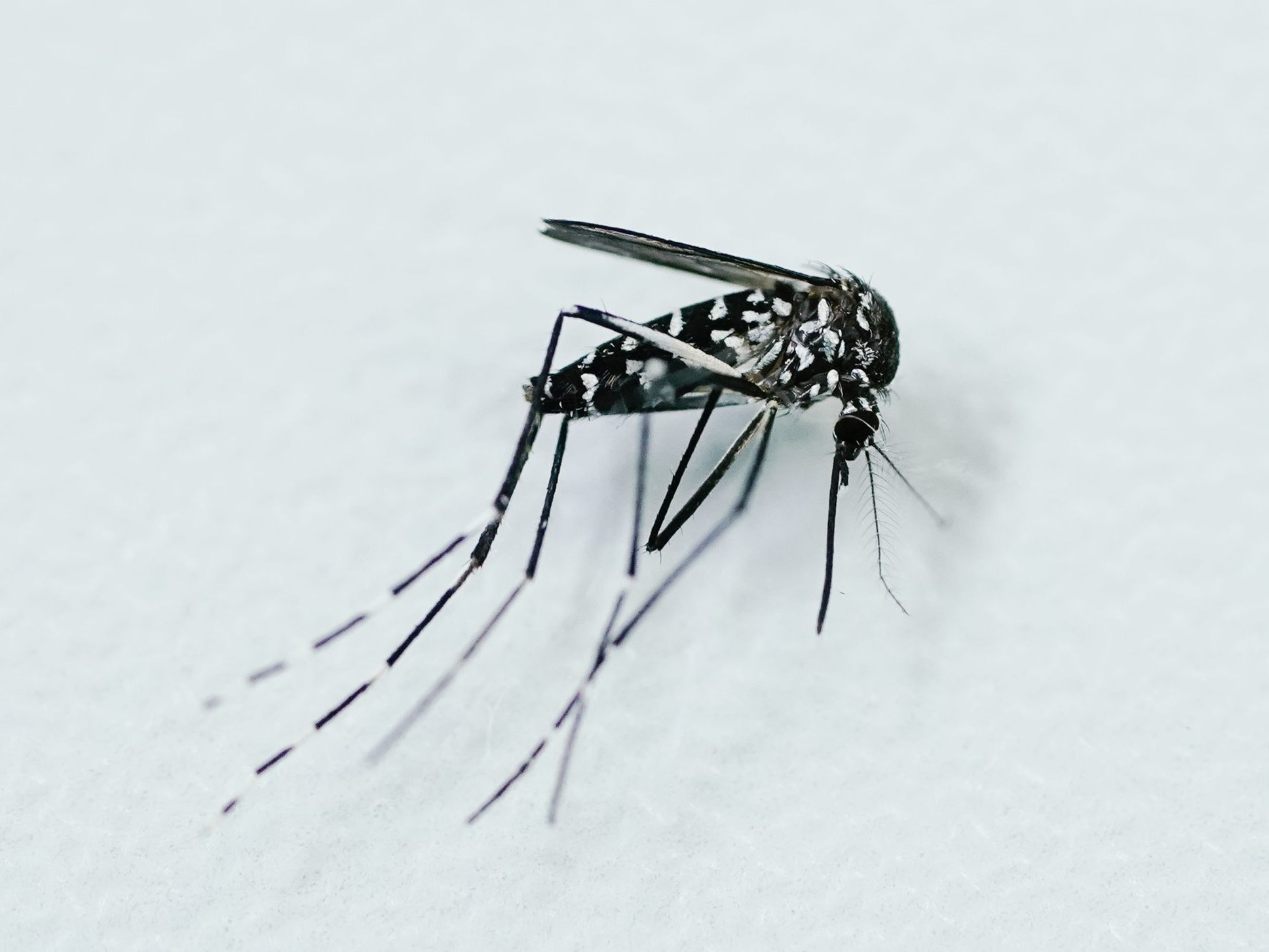Pilot Project with Sterile Tiger Mosquitoes Launched in Graz

The research facility in Seibersdorf, which is part of the IAEA, is a project partner in the pilot project with tiger mosquitoes. Scientist Hanano Yamada explained in the Schönau home garden that mosquito lab colonies are being bred. In the pupal stage, female mosquitoes are manually separated from male mosquitoes. The females return to the colony, the males go into a cold room and then into an X-ray machine.
Pilot Project in the Fight Against Introduced Tiger Mosquitoes
The mosquitoes are irradiated and thus rendered infertile. About 24 hours later, the insects are released into the wild. The method, internationally known as the Sterile Insect Technique (SIT), is frequently used. There are examples in Italy and Florida, and it can also be used to control other mosquito species. In Austria, the project in the fight against the introduced Asian tiger mosquito is unique so far.
Eva Winter, head of the Graz health department, explained that the tiger mosquito was first detected in Graz in 2021. Since it can transmit tropical diseases, the city wants to reduce the population as quickly as possible. In recent years, the population has been informed, for example, that small standing waters should be emptied and rain barrels covered so that no eggs can be laid in them. "But now we are at a standstill and are therefore trying a new method," said Winter.
Sterile Tiger Mosquito Males Join the "Mating Market"
The SIT method works on the "principle of market displacement," explained the head of the health department. The sterile males are supposed to snatch the females away from the fertile tiger mosquito males on the "mating market." Incidentally, only the females bite humans. The males do not suck blood. "They are only after the females," said Winter. If the project goes well, the city of Graz plans to "expand" the method next year.
Erwin Wieser, head of Strategic Insect Protection in Graz, described the study area: The irradiated mosquitoes are released in the Schönau home garden. Here, the observation area is about 15 hectares large. In the west of Graz, there is another area, but only monitoring is conducted there. In total, around 50 insect and egg traps are set up. The mosquitoes are released in several batches, each with its own color marking. "We then observe how many tiger mosquitoes spread how far in what time." Because the population in Graz is completely unknown so far. Only after the pilot project will there be data, said Yamada. The city of Graz and scientists together hope for a reduction of the population by 70 percent. "That would be a very good value," said Yamada.
Tiger Mosquitoes Are Here to Stay
The necessity of measures is particularly emphasized by operators of home gardens in Graz. Gertrude Miculics, chairwoman of the Schönau home garden, stated that working in the gardens in the morning is hardly possible due to the mosquito plague. According to Yamada, females can lay eggs every three days and after a so-called blood meal. Therefore, the insects spread rapidly. Incidentally, a female only needs to be fertilized once in her lifetime. The sperm is sufficient for a multitude of egg productions. The eggs, unlike the insects, can overwinter and survive up to two and a half years.
Despite the pilot project, the population should not become complacent, warned Wieser: "The tiger mosquito is here to stay." Open water sources must continue to be avoided or kept clean. Tiger mosquitoes prefer small to very small water sources for laying eggs. In cities, these can be rain barrels, bird baths, watering cans, drains, clogged gutters, flower vases, plant saucers, buckets, cans, bottles, or glasses.
The Asian tiger mosquito, originally from the tropics, is considered a potential carrier of over 20 different pathogens - including dengue, Zika, or chikungunya viruses. The spread of the insects is mainly determined by winter temperatures. Climate warming has enabled the establishment of populations in increasingly northern areas in Europe - especially in cities, where it is usually significantly warmer than in the surrounding areas. In other cities, such as Trieste, poison against mosquitoes has already been widely used following cases of dengue fever.
(APA/Red)
This article has been automatically translated, read the original article here.





